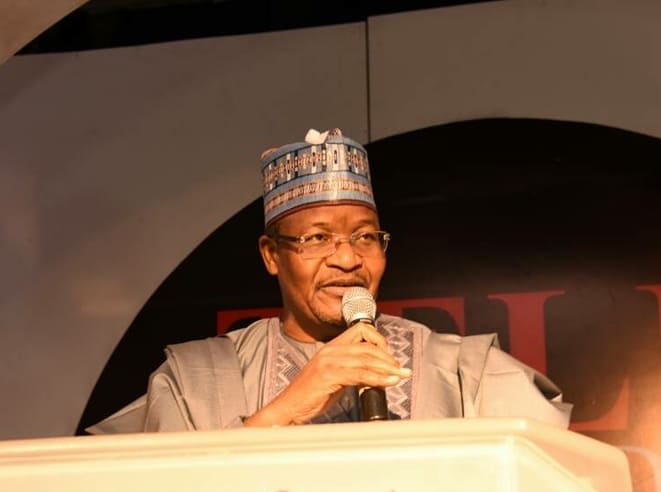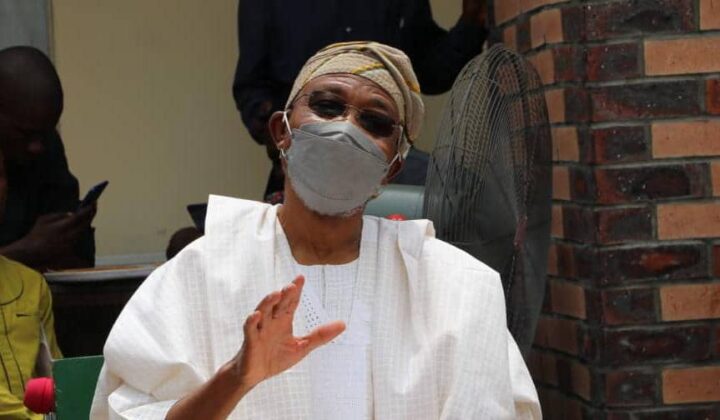Umar Danbatta, executive vice-chairman of the Nigerian Communications Commission (NCC), says broadband penetration in the country climbed to 44.5 percent in July from 40.9 percent in February.
Danbatta disclosed this on Tuesday in Abuja at the beginning of a three-day public inquiry on five telecom regulations and guidelines.
Broadband penetration refers to the number of subscriptions to fixed and mobile broadband services.
With the present figure, Danbatta expressed optimism that the national broadband target of 70 percent in 2025 is achievable.
Advertisement
He said emerging technologies and advancements in the sector demand that the commission is prepared to match the developments with appropriate regulations and guidelines.
“With the technological advancements anticipated in the coming years, it is expected that there will be a proliferation of devices in the industry,” a statement issued by Reuben Muoka, NCC director of public affairs, quoted Danbatta as saying.
“It is, therefore, essential for the commission to ensure that the right regulatory frameworks can accommodate such eventualities.”
Advertisement
The NCC boss said the public inquiry, which covered five areas of existing regulations, is aimed at achieving operational efficiency and operational excellence.
He listed the regulatory instruments under review at the public inquiry to include: type approval regulations, guidelines on short code operation in Nigeria, guidelines on technical specifications for the deployment of communications infrastructure, guidelines on advertisements and promotions, as well as consumer code of practice regulations.
He said the focus areas were already articulated in some documents guiding the operations of the commission. These include the Nigerian National Broadband Plan (NNBP) 2020 – 2025, the national digital economy policy and strategy (NDEPS) 2020 – 2030, NCC’s strategic management plan (SMP) 2020-2024, and its strategic vision implementation plan (SVIP) 2021–2025.
The EVC explained that the amendment of these regulatory instruments was to reflect current realities, one of which is the anticipated deployment of the fifth generation (5G) technology and management of short codes in Nigeria, including the toll-fee emergency code 112.
Advertisement
On her part, Helen Obi, head, telecoms laws and regulations at NCC, said that public inquiry allowed the commission to incorporate the comments and suggestions of industry stakeholders in its regulatory instruments.
She said the process was to ensure that the commission’s regulatory instruments were in line with the current realities in the industry, as it had done with some regulatory frameworks and guidelines in 2021.
Add a comment






